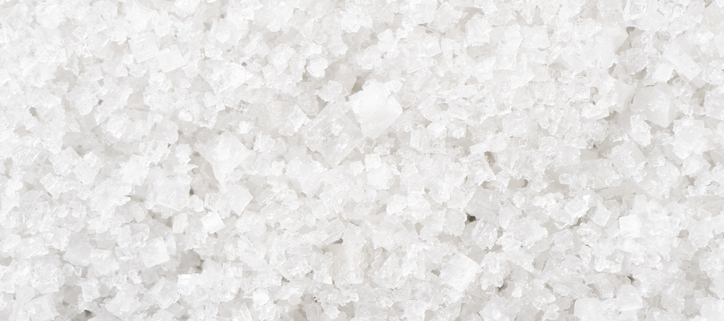The Salty Truth: Understanding Dogs and Salt Intake
Salt is an essential component of our diets, but when it comes to our
furry companions, it’s crucial to monitor their salt intake carefully.
Dogs, like humans, require a certain amount of sodium for their bodily
functions, but excessive salt can lead to health issue
High salt consumption can be detrimental to dogs’ health. Excessive
sodium can cause sodium ion poisoning, which can result in symptoms
such as vomiting, diarrhea, excessive thirst, and even more severe
conditions like seizures or coma. Certain breeds, such as those
predisposed to heart problems, are even more sensitive to salt and
should be monitored closely.
To ensure your dog’s well-being, it’s vital to be mindful of their
salt intake. This means avoiding feeding them salty human snacks or
processed foods. Instead, choose dog-specific treats and foods
formulated to meet their nutritional needs. Avoid adding salt to their
meals when cooking for your dog at home, and opt for natural,
low-sodium ingredients like plain chicken or vegetables.
In conclusion, understanding the relationship between dogs and salt
intake is essential for responsible pet ownership. While salt is a
necessary component of their diet, moderation is key to preventing
health complications. Prioritize their well-being by choosing
low-sodium options and consulting your veterinarian about their
dietary requirements. Your furry friend’s health and happiness depend
on it.



